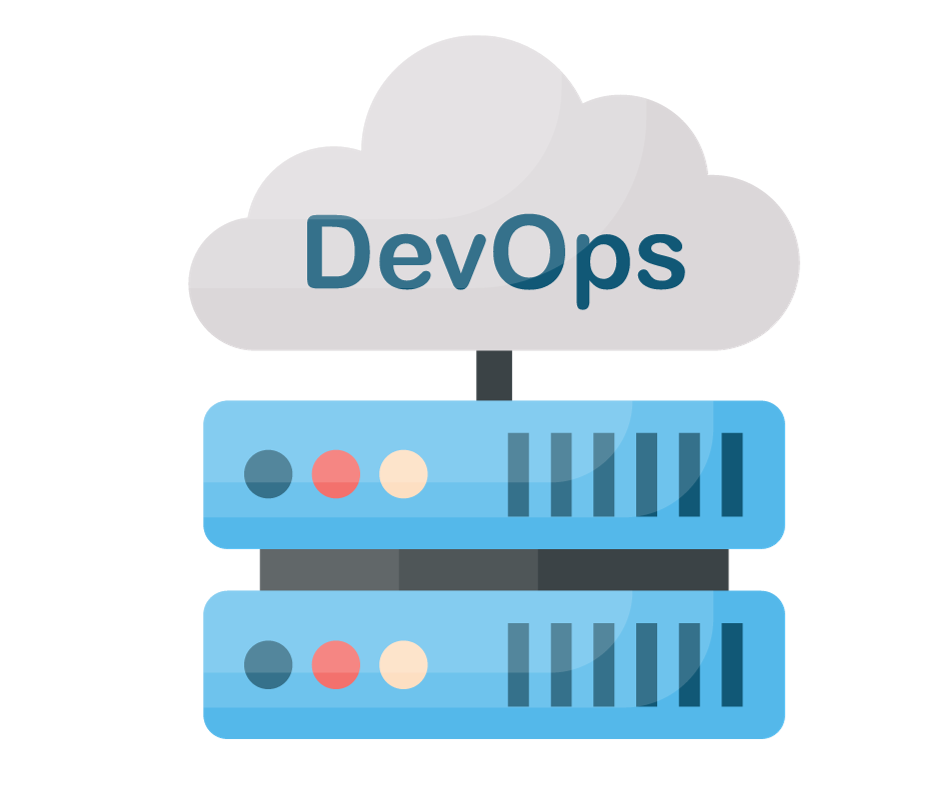What Does a DevOps Engineer Do? A Career Guide

Introduction:
hituponviews | In the ever-evolving landscape of IT, the role of a DevOps engineer has emerged as a crucial component in ensuring seamless collaboration between development and operations teams. As businesses strive for agility, efficiency, and continuous delivery, the demand for skilled DevOps professionals has skyrocketed. In this comprehensive guide, we will delve into the multifaceted responsibilities of a DevOps engineer, shedding light on the skills required, the significance of DevOps in contemporary IT, and the avenues for acquiring DevOps training in Hyderabad.
Understanding the Role of a DevOps Engineer:
DevOps, a portmanteau of “development” and “operations,” is a cultural and professional movement that aims to improve collaboration and communication between software development and IT operations. DevOps engineers play a pivotal role in implementing this philosophy by bridging the gap between development and operations teams, fostering a culture of collaboration, and automating processes to achieve continuous integration and delivery.
Key Responsibilities of a DevOps Engineer:
- Continuous Integration/Continuous Deployment (CI/CD):
- DevOps engineers are responsible for implementing CI/CD pipelines, ensuring that code changes are automatically built, tested, and deployed to production environments.
- Automation of the deployment process reduces manual errors and accelerates the release cycle.
- Infrastructure as Code (IaC):
- DevOps professionals use tools like Terraform or Ansible to automate infrastructure provisioning and configuration.
- IaC allows for consistent and repeatable infrastructure deployments, enhancing scalability and reducing the risk of configuration drift.
- Collaboration and Communication:
- DevOps engineers facilitate communication and collaboration between development, operations, and other stakeholders.
- They work towards breaking down silos and promoting a shared responsibility for the entire software development lifecycle.
- Monitoring and Incident Response:
- DevOps engineers implement robust monitoring solutions to track the performance of applications and infrastructure.
- They play a crucial role in incident response, ensuring prompt identification and resolution of issues to minimize downtime.
- Security:
- Security is integrated into the DevOps process, with engineers implementing security best practices throughout the development lifecycle.
- DevOps professionals collaborate with security teams to ensure that applications are built and deployed securely.
Significance of DevOps in the IT Landscape:
The adoption of DevOps practices has become imperative for organizations seeking to achieve faster time-to-market, improved collaboration, and enhanced overall efficiency. DevOps enables:
- Faster Release Cycles: With automated testing and deployment, organizations can release software updates more frequently, responding swiftly to market demands.
- Increased Collaboration: DevOps breaks down traditional silos, fostering a culture of collaboration and shared responsibility among development, operations, and other teams.
- Improved Quality: Automation in testing and deployment reduces the likelihood of human errors, resulting in higher-quality software releases.
- Enhanced Scalability: Infrastructure as Code enables the quick and consistent provisioning of resources, supporting the scalability requirements of modern applications.
DevOps Training in Hyderabad with Kelly Technologies:
For individuals aspiring to embark on a career as a DevOps engineer, acquiring the right skills is crucial. Training programs offered by reputable institutions, such as Kelly Technologies in Hyderabad, can provide the necessary knowledge and hands-on experience. The role of a DevOps engineer has emerged as a crucial and transformative position. DevOps, a portmanteau of “development” and “operations,” represents a set of practices that aim to automate and improve the collaboration between software developers and IT operations. As businesses increasingly embrace DevOps methodologies, the demand for skilled DevOps engineers is on the rise. This article delves into the responsibilities of a DevOps engineer, the skills required for success, and the significance of quality DevOps training, particularly in a thriving hub like Hyderabad. The training covers:
- Tool Proficiency: Training programs familiarize participants with popular tools such as Jenkins, Docker, Kubernetes, Ansible, and Git, among others.
- Practical Implementation: Hands-on projects and real-world scenarios are integral components of training, allowing participants to apply theoretical knowledge to practical situations.
- Industry-Relevant Curriculum: Kelly Technologies ensures that its training curriculum is aligned with industry standards and current best practices.
- Expert Guidance: Participants benefit from the guidance of experienced instructors who bring real-world insights and industry experience to the training sessions.
Conclusion:
In the fast-paced world of IT, Engineers serve as the linchpin for organizations seeking to innovate, collaborate, and deliver high-quality software efficiently. By embracing the principles of DevOps and acquiring the necessary skills through reputable training programs like those offered by Kelly Technologies in Hyderabad, individuals can position themselves for a rewarding career in this dynamic field. As businesses continue to prioritize agility and automation, the role of engineers will only become more pivotal in shaping the future of software development and IT operations.






